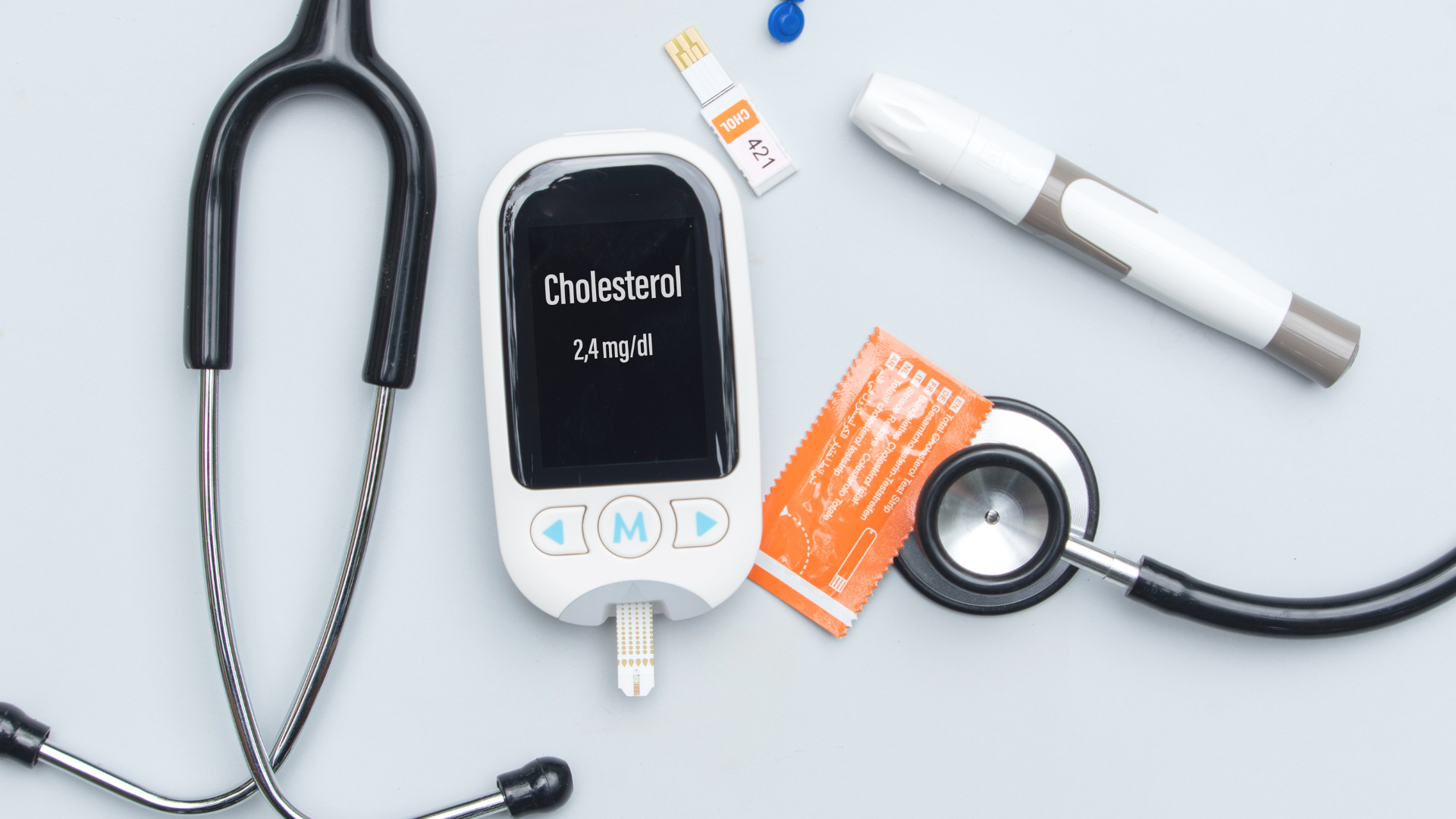Gut health is more than just a wellness trend — it’s the foundation of overall well-being. A well-functioning digestive system not only keeps bloating and discomfort at bay but also boosts your immunity, supports mental health, and improves nutrient absorption. One of the most effective ways to maintain and restore gut health is by incorporating anti-inflammatory foods into your diet.
In this comprehensive guide, we’ll explore how inflammation affects the gut, common triggers for bloating, and the top anti-inflammatory foods that naturally heal your gut and reduce bloating.
What Causes Gut Inflammation and Bloating?
Inflammation is a natural immune response, but chronic inflammation in the gut can lead to serious health issues like irritable bowel syndrome (IBS), leaky gut syndrome, Crohn’s disease, and more. Common culprits of gut inflammation include:
- Processed foods
- Refined sugar
- Artificial sweeteners
- Excessive alcohol
- Gluten or dairy (for some)
- Chronic stress
- Antibiotic overuse
When inflammation persists, it disrupts the gut microbiome (the balance of good and bad bacteria), weakens the intestinal lining, and leads to symptoms like gas, bloating, constipation, and food intolerances.
How Do Anti-Inflammatory Foods Help?
Anti-inflammatory foods contain antioxidants, fiber, phytonutrients, and healthy fats that:
- Soothe the digestive tract
- Reduce intestinal swelling
- Restore gut flora balance
- Repair the gut lining
- Promote smoother digestion
Let’s dive into the best anti-inflammatory foods that support a healthy gut and naturally reduce bloating.
1. Ginger
Why It Helps:
Ginger contains gingerol, a bioactive compound with powerful anti-inflammatory and antioxidant properties. It helps relax the intestinal muscles, improves motility, and reduces bloating and gas.
How to Use:
- Sip on ginger tea after meals
- Add freshly grated ginger to soups or smoothies
- Mix with lemon and honey as a morning tonic
2. Turmeric
Why It Helps:
Turmeric’s active compound, curcumin, has potent anti-inflammatory and antimicrobial effects. It helps reduce inflammation in the gut lining and supports liver detoxification.
How to Use:
- Add turmeric to curries, soups, or golden milk
- Combine with black pepper to enhance absorption
- Take as a supplement (consult your doctor)
3. Leafy Greens
Why It Helps:
Spinach, kale, arugula, and Swiss chard are rich in vitamins A, C, and K, and contain antioxidants that help calm inflammation. Their fiber content also supports healthy digestion and regular bowel movements.
How to Use:
- Add to green smoothies
- Use as a base for salads
- Lightly steam or sauté with olive oil
4. Fermented Foods
Why It Helps:
Fermented foods like yogurt, kefir, sauerkraut, kimchi, and miso are rich in probiotics, which are beneficial bacteria that improve gut flora balance and aid in digestion.
How to Use:
- Include a spoonful of kimchi or sauerkraut with meals
- Drink kefir or eat yogurt with live cultures
- Use miso paste in soups and marinades
Tip: Start with small amounts to avoid excessive gas or discomfort as your gut adjusts.
5. Berries
Why It Helps:
Blueberries, strawberries, raspberries, and blackberries are high in antioxidants, polyphenols, and fiber. They help reduce oxidative stress and inflammation in the gut lining.
How to Use:
- Add to smoothies, oatmeal, or yogurt
- Enjoy as a snack or healthy dessert
- Use in salads for a tangy twist
6. Fatty Fish
Why It Helps:
Salmon, mackerel, sardines, and tuna are excellent sources of omega-3 fatty acids, which have been shown to reduce inflammation in the gut and improve the gut microbiome.
How to Use:
- Eat grilled or baked fatty fish 2–3 times a week
- Use canned sardines or tuna for easy meals
- Supplement with high-quality fish oil if needed
7. Avocados
Why It Helps:
Avocados are rich in healthy monounsaturated fats, fiber, and potassium. They support gut repair and reduce inflammation, while also aiding in smooth digestion.
How to Use:
- Mash into guacamole
- Add to toast or salads
- Blend into smoothies for creaminess
8. Bone Broth
Why It Helps:
Bone broth is a gut-healing superfood. It contains collagen, gelatin, and amino acids like glutamine that help repair the gut lining and reduce inflammation.
How to Use:
- Sip warm broth as a drink
- Use as a base for soups and stews
- Add to grains or sautéed vegetables
9. Chia Seeds
Why It Helps:
Chia seeds are high in fiber, omega-3s, and antioxidants, which support healthy digestion and help reduce gut inflammation.
How to Use:
- Soak and add to puddings or smoothies
- Mix into yogurt or oatmeal
- Use as an egg substitute in baking
10. Papaya and Pineapple
Why They Help:
These tropical fruits contain digestive enzymes — papain in papaya and bromelain in pineapple — which help break down proteins, reduce inflammation, and ease bloating.
How to Use:
- Eat fresh as a snack
- Add to smoothies
- Use in fruit salads
Foods to Avoid for Gut Health and Bloating
To maximize the healing effects of anti-inflammatory foods, it’s important to reduce or eliminate common gut irritants, such as:
- Refined sugar and high-fructose corn syrup
- Artificial sweeteners (e.g., aspartame, sucralose)
- Fried and greasy foods
- Excess caffeine and alcohol
- Processed snacks and fast food
- Excess gluten or dairy (for sensitive individuals)
Lifestyle Tips to Support a Healthy Gut
Food alone isn’t the only factor in reducing inflammation and bloating. Combine your diet with these habits for optimal results:
1. Chew Your Food Thoroughly
Digestion starts in the mouth. Chewing properly reduces bloating and helps your gut break down food more efficiently.
2. Stay Hydrated
Drink plenty of water throughout the day to aid digestion, flush toxins, and prevent constipation.
3. Manage Stress
Chronic stress can disrupt the gut-brain axis and worsen inflammation. Practice mindfulness, meditation, or yoga to support gut health.
4. Sleep Well
Lack of sleep impairs digestion and increases inflammation. Aim for 7–9 hours of quality sleep per night.
5. Exercise Regularly
Physical activity stimulates digestion and helps regulate bowel movements. Even a 30-minute walk daily can make a difference.
Final Thoughts
Your gut is the gateway to overall health — and healing it starts with what you eat. By embracing a diet rich in anti-inflammatory, gut-friendly foods, you can reduce bloating, improve digestion, and support long-term wellness.
Small changes can lead to significant improvements. Start by adding one or two of these healing foods to your meals daily, and gradually build a gut-supportive lifestyle that helps you feel lighter, clearer, and more energized.





